Mercy Benson is from Bomi County, Liberia. A high school graduate, she works as a Lab Assistant at a construction lab. At the Phebe Rehab Center, she learned how to make soap and to bake. She has two girls ages eleven, and nine-months at the time of the interview. She got her fistula when her younger daughter was born.
Jumah Fahnbulleh is 25 years old and comes from Grand Cape Mount County. She also learned how to bake and make soap at the Phebe Rehab Center. She wants to be a nurse. She has two children. Her sister is caring for them, while she goes through her fistula repair surgeries and rehabilitation. When interviewed, her children were six and seven years of age. Her baby did not live. She had lived with her fistula for a year and three months. She had two surgeries to repair the “toileting” (leaking feces) and was scheduled to have another in November to repair the “pee pee” problem (leaking urine).
In this four-minute video, you will hear these young ladies’ stories in their own words. Please consider making a donation toward Dignity:Liberia’s efforts to prevent other Liberians from experiencing fistula. Thank you.
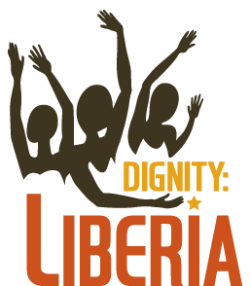
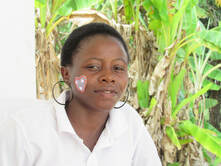
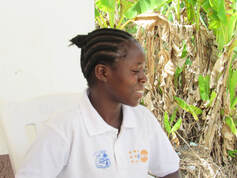
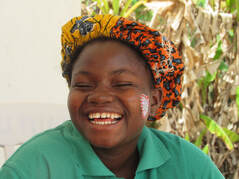
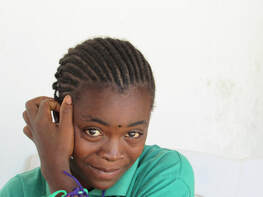
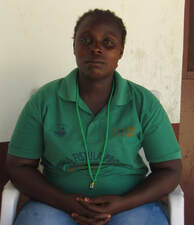
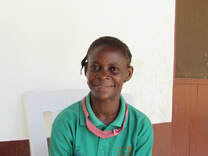
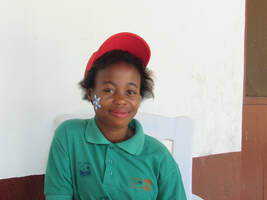
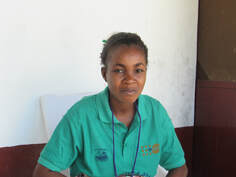
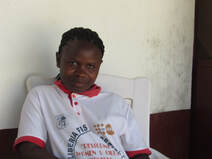
 RSS Feed
RSS Feed